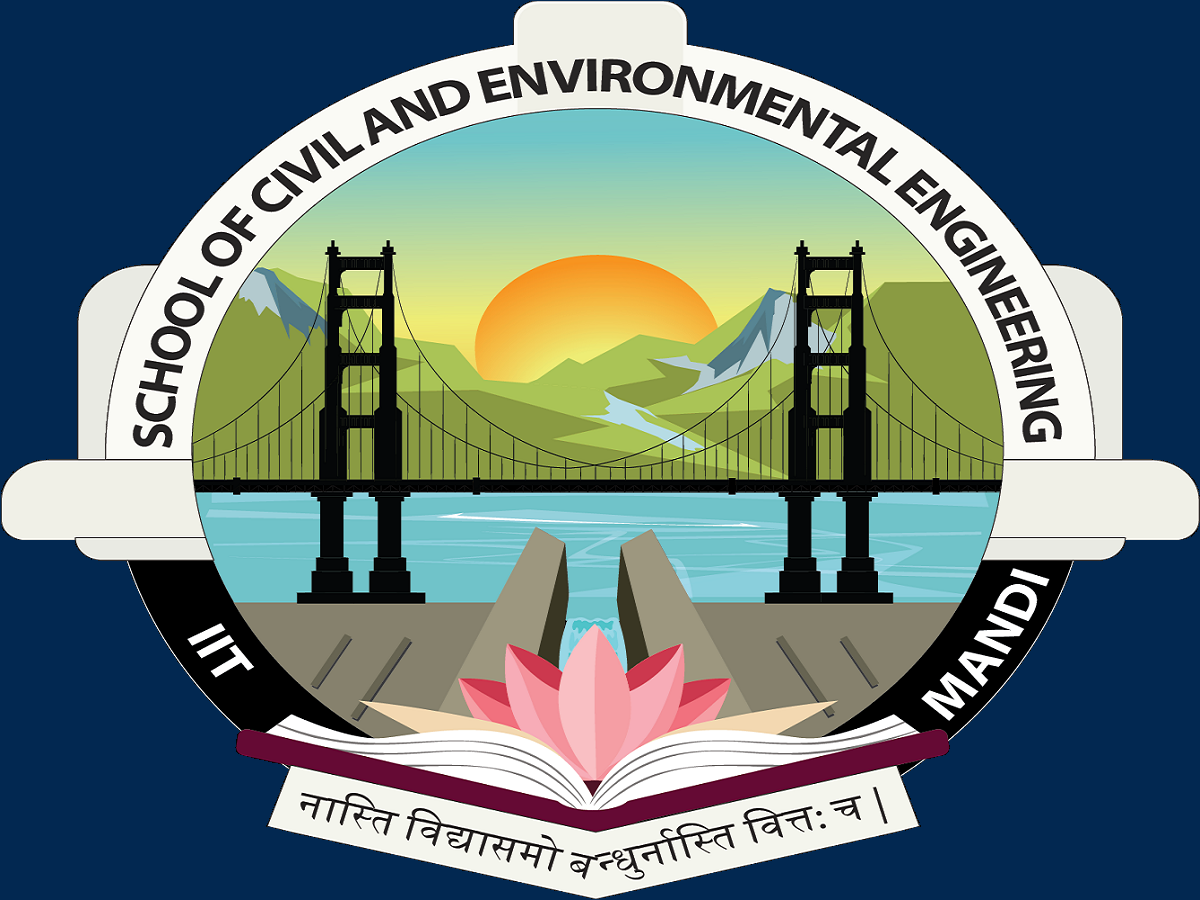Influence of Corrosion Deterioration on Lifetime Seismic Resilience of Highway Bridges
ASPS Conference Proceedings
M. Bhargav Chowdary, N.R Chirdeep, & Shivang Shekhar
2019-12-22
Highway bridges across the globe have demonstrated vulnerability to damage during earthquake events. While earthquakes occur infrequently, environmental degradation mechanisms such as chloride-induced corrosion deterioration are continuous and decrease the structural performance over time. There is a need to assess the performance of existing older bridges in India, taking into account the combined threats of corrosion degradation and seismic hazard. In this regard, resilience has emerged as a powerful tool to determine the bridge performance integrating the seismic vulnerability, losses, and recovery functions. This study presents a case-study for lifetime resilience assessment considering the effect of environmental and seismic hazards using a representative two-span semi-integral bridge. Finite element models of the bridge is developed at pristine and four degraded conditions considering chloride-induced corrosion. Nonlinear time-history analyses are conducted on the bridge models to develop time-dependent seismic fragility curves. Further, these fragility curves are used to estimate post-earthquake direct and indirect losses that are combined with suitable recovery models to estimate the functionality and resilience of the bridge. Results obtained from the analysis revealed a degrading trend of the resilience of the bridge as it deteriorates with age, representing the significance of lifetime seismic resilience assessment for estimating the performance of existing aging bridges.

